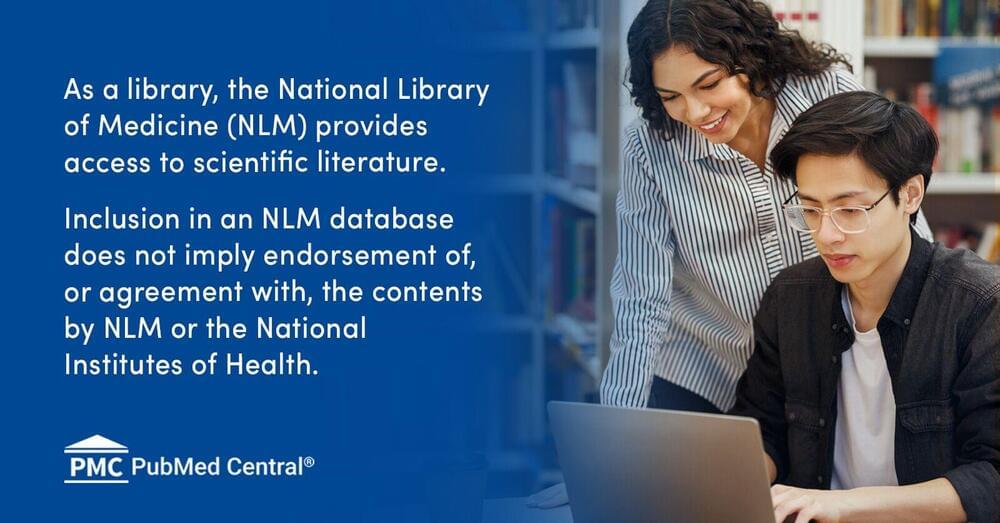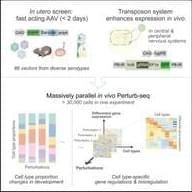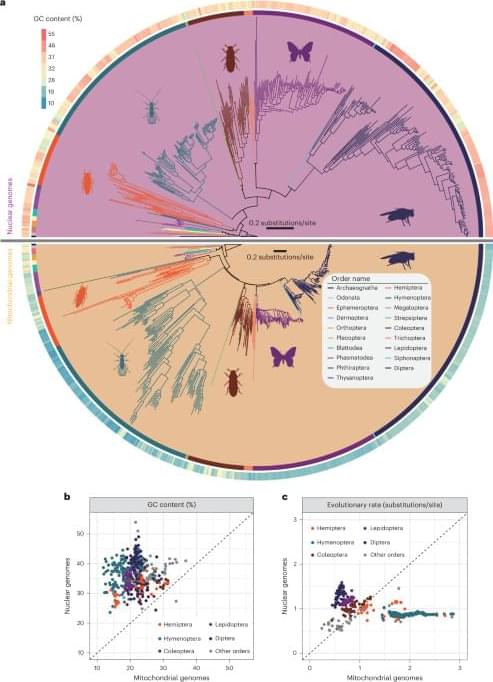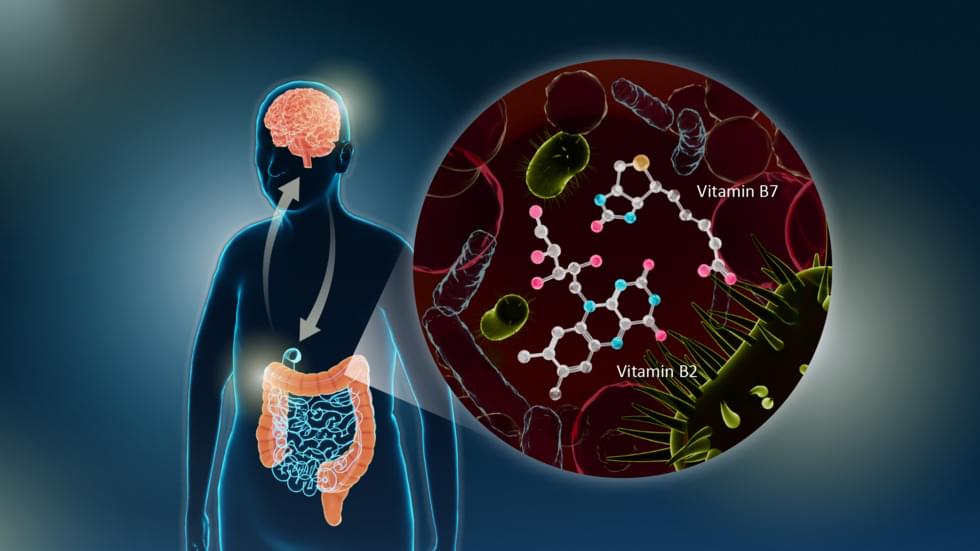Nanotechnology is an exciting new area in science, with many possible applications in medicine. This article seeks to outline the role of different areas such as diagnosis of diseases, drug delivery, imaging, and so on.



As space travel becomes more common, it is important to consider the impacts of space flight and altered gravity on the human body. Led by Dr. Ana Diaz Artiles, researchers at Texas A&M University are studying some of those impacts, specifically effects on the eye.
Gravitational changes experienced by astronauts during space travel can cause fluids within the body to shift. This can cause changes to the cardiovascular system, including vessels in and around the eyes.
As the commercialization of space flight becomes more common and individual space travel increases, astronauts will not be the only ones experiencing these changes. Individuals traveling to space with commercial companies may not be as fit or healthy as astronauts, making it even more important to understand the role that fluid shift plays in cardiovascular and eye health.
Yes, we wish it were quicker too.
In this short video Dr. David Sinclair discusses the progress made with the new glaucoma treatment and upcoming human trials. Also, the timeline for potential availability of the treatment and reverse aging molecules which his company Metrobiotech is working on.
Please note that the links below are affiliate links, so we receive a small commission when you purchase a product through the links. Thank you for your support!
=*=*=*=*=*=*=*=*=*=*=*=*=*=*=*=*=*=*=*=*=*=*=*=*=*=*=*=*=*=*=*=*=*=
🔶 Nuchido Time+ Supplement FIRST ORDER 20% OFF Code : REVERSEAGING20
Restore Our Cells Ability To Make NAD Like When We Were Young https://www.nuchido.com/REVERSEAGING
💧Fatty15 Supplement 20% OFF Discount Link *~ https://fatty15.com/SFGBQD7P
~*~ ProHealth, DoNotAge, RenueByScience~*~ Discount Coupon CODE: REVERSE

The element actinium was first discovered at the turn of the 20th century, but even now, nearly 125 years later, researchers still don’t have a good grasp on the metal’s chemistry. That’s because actinium is only available in extremely small amounts and working with the radioactive material requires special facilities. But to improve emerging cancer treatments using actinium, researchers will need to better understand how the element binds with other molecules.





University of Queensland researchers have unlocked crucial molecular secrets of ageing in cells, potentially paving the way to improve quality of life as people age.
The study decoded the process by which genes regulate how people mature as they grow and age, and was led by Dr Christian Nefzger from UQ’s Institute for Molecular Bioscience with key contributions from Dr Ralph Patrick and Dr Marina Naval-Sanchez.
Dr Nefzger said that until now the process of how genes change activity from birth to adulthood and into old age was largely unknown.

A study led by Nagoya University Graduate School of Medicine in Japan has revealed a link between gut microbiota and Parkinson’s disease (PD). The researchers found a reduction in the gut bacteria of genes responsible for synthesizing the essential B vitamins B2 and B7. They also identified a relationship between the lack of these genes and low levels of agents that help maintain the integrity of the intestinal barrier. This barrier prevents toxins from entering the bloodstream, which causes the inflammation seen in PD. Their findings, published in npj Parkinson’s Disease, suggest that treatment with B vitamins to address these deficiencies can be used to treat PD.
PD is characterized by a variety of physical symptoms that hinder daily activities and mobility, such as shaking, slow movement, stiffness, and balance problems. While the frequency of PD may vary between different populations, it is estimated to affect approximately 1–2% of individuals aged 55 years or older.
Various physiological processes are heavily influenced by the microorganisms found in the gut, which are collectively known as gut microbiota. In ideal conditions, gut microbiota produce SCFAs and polyamines, which maintain the intestinal barrier that prevents toxins entering the bloodstream. Toxins in the blood can be carried to the brain where they cause inflammation and affect neurotransmission processes that are critical for maintaining mental health.